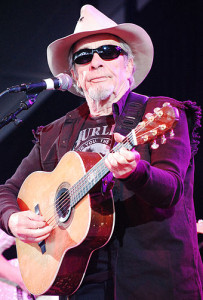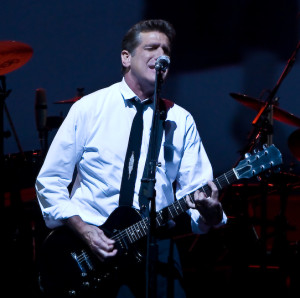Some are probably wondering out there why such a “fuss” is in progress over the death of Prince. The musician, singer, songwriter, all-around celebrity died Thursday at his Minnesota home at age 57.
I wasn’t a great Prince fan. I heard many of his songs on the radio during the mid-1980s. The song of his I like the most was “Kiss.” The tune incorporates R & B, soul and rock and roll. Even if you didn’t like his songs but really appreciate music as I do, you have to admit he had way out-sized talent in his small 5-feet 2-inch body. The guy was a genius in more ways of one.
The whole thing about Prince changing his name to an unpronounceable symbol, then being known as The Artist Formerly Known As Prince, was mainly disdain for his recording label. The change was something he was ridiculed over. His description of events were that Warner Brothers had taken his name and trademarked it, something he reacted to by painting “SLAVE” on his face. When he signed a new deal, he became Prince again.
As goofy as it all sounds, mystique was one of the reasons he was so endeared to his fans. I can dig that. In one way or the other I have re-invented myself a time or two.
Every generation has a figure, a rock star or band, which might define those times. For the older generation it was Sinatra. In more recent times, say for the last 50 years, it was Elvis or the Beatles. I am reading a book now about someone who really identified with Nirvana in the 90s. I never really got what they were saying. I like some of the songs, “Smells Like Team Spirit, which is a great rock song. I can see where the younger or young at heart might consider this biggest Nirvana hit an anthem for the times.
This has been a particularly bad year for renown musicians, having lost David Bowie, the Eagles’ Glen Frey, Merle Haggard and now Prince. The first three were all of a certain age, all of whom spent many years in music and their original fan base were roughly the age of the musicians or perhaps younger. Yeah, a lot more where they came from, a cynic might say. Prince was only 57. “Only” 57. I am 60 and people say 60 is the new 50. Whatever.
Long ago, it seemed you would hear someone with a hit record. They might have another or even more. Then you might never hear of them. These days with multi-media forms and the internet, practically no musicians never go away. Even after they die. That is good, well, as long as the music is good. People need to hear the music they want to hear. They need to sing in the shower or rock out on the commute home.
While we mourn the past, it seems as if celebrating today — as in the moment — is a logical segue. Whistle while you work, or sing along as you play.


